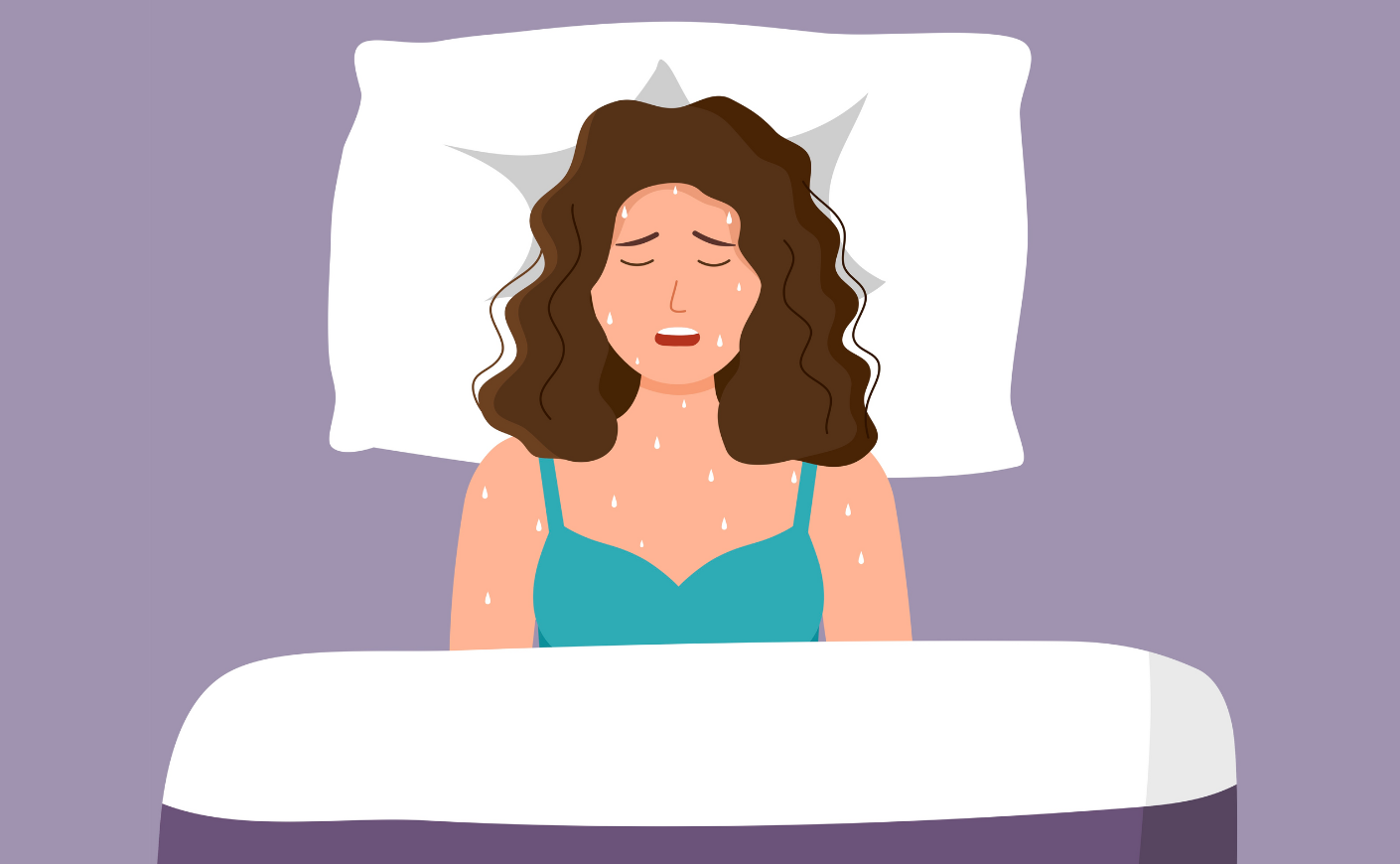Far too many of my patients or followers have experienced symptoms characteristic of perimenopause, only to be told by their (often untrained) doctor that they’re too young to be going through the change. I’m here to tell you the onset of perimenopause is not set in stone, and simple math proves that it can happen a lot earlier than many think — even medical professionals.
Menopause, the official end of your menstrual cycle, can normally happen between the ages of 45 and 55. However, the menopause transition, known as perimenopause, can start seven to ten years before menopause. Therefore, it's not unreasonable for a woman to start having symptoms in her mid-30s to 40s. If you’re experiencing hot flashes, vaginal dryness, disrupted sleep, weight gain, mood swings, joint pain, or one of the many other menopause symptoms, don’t let a doctor write you off. There are trained menopause specialists who can help you identify what’s causing these issues — and while there are no definitive tests to identify perimenopause, there are some that you can ask for that will rule out other conditions.
Watch my video for an explanation of how menopause can hit when you least expect it.









